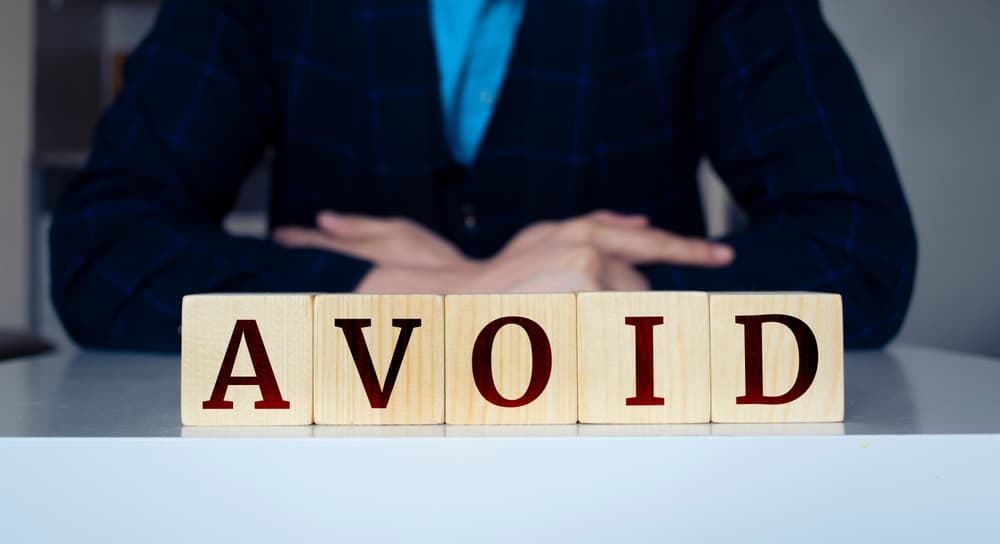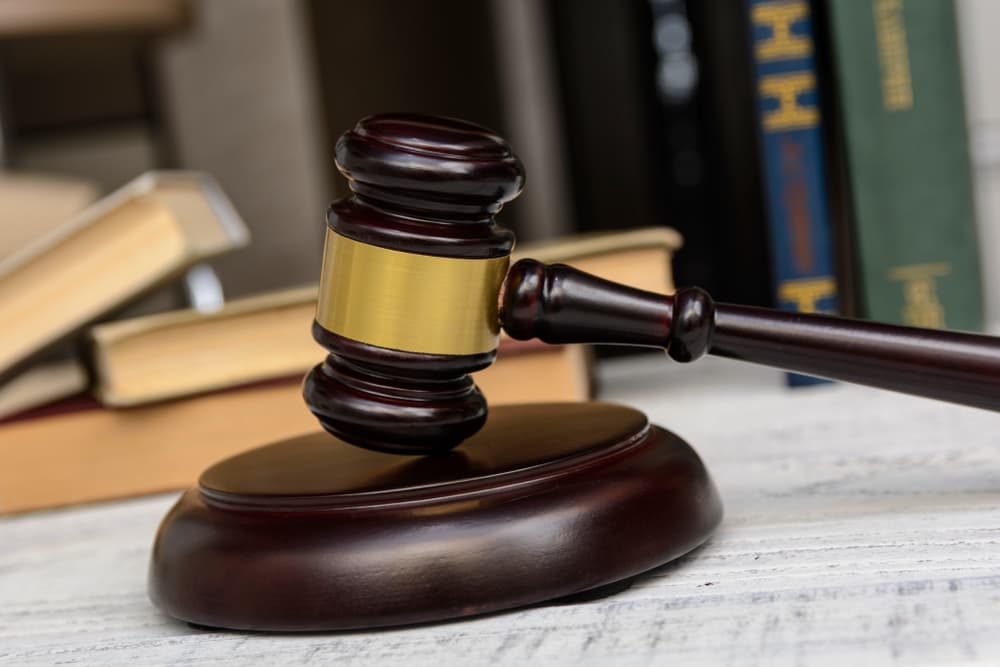In the complex world of legal proceedings, certain terms often spark concern and confusion. One such term is “default judgment,” which is often seen in cases from debt collection to civil lawsuits.
But what is a default judgment exactly, and why is it significant for both plaintiffs and defendants?
A default judgment occurs when a court delivers a decision in favor of one party, typically the plaintiff, due to the lack of response or appearance by the other party, the defendant.
This type of judgment is not based on the merits of the case but rather on the failure to take action within a prescribed timeframe.
In debt collection cases or civil disputes, a default judgment can have far-reaching consequences.
It might lead to wage garnishment, property liens, or even asset seizure, profoundly affecting a person’s financial and personal life.
Understanding the nature of default judgments and the circumstances under which they are issued is key for anyone involved in legal proceedings.
If you’ve been sued by a creditor or you believe a default judgment may be entered against you, contact a debt defense attorney to fight for your rights.
If you’re facing the possibility of a default judgment, having a lawyer who understands the necessary steps to take can offer significant peace of mind.
Understanding Default Judgments
A default judgment is a binding decision made by a court in favor of one party due to the inaction or absence of the other party.
It is a critical aspect of the legal system, particularly in civil law cases, and arises under specific circumstances.
How Are Default Judgments Created?
- Failure to Respond: A default judgment typically occurs when a defendant fails to respond to a lawsuit within the timeframe set by the court. This response is usually required in the form of an answer or a motion filed in court.
- Non-Appearance in Court: If a defendant fails to appear in court on the scheduled date, especially after being duly notified, a default judgment may be issued.
Circumstances Leading to Default Judgments
- Debt Collection Cases: In debt collection lawsuits, if the debtor does not respond to the lawsuit or appear in court, the creditor may seek a default judgment. This can lead to enforced collection actions like wage garnishment.
- Civil Lawsuits: In other civil cases, such as personal injury or breach of contract, non-response can also lead to a default judgment, resolving the case in favor of the plaintiff.
Default judgments can significantly impact the legal rights and obligations of the parties involved.
Defendants in debt collection cases need to be aware of the importance of timely responding to legal documents and a court summons to avoid the repercussions of a default judgment.
What is The Legal Process of a Default Judgment?
The path to a default judgment involves several legal steps, and understanding this process can help someone respond to a lawsuit.
The following are some of the ways a default judgment becomes part of the legal record.
- Issuance of a Legal Summons and Complaint
- The process begins when the plaintiff files a lawsuit and the court issues a summons to the defendant, along with a complaint detailing the allegations and claims.
- The Defendant’s Response Period
- Upon being served with the summons, the defendant has a specified period, usually 30 days, to respond. This response can be an answer to the allegations or a motion challenging the lawsuit’s validity.
- Failure to Respond or Appear
- If the defendant fails to respond to the complaint or appear in court as required, they risk having a default judgment entered against them. This is often due to fear, neglect, oversight, or misunderstanding of the legal process.
- Plaintiff’s Request for Default Judgment
- After the defendant fails to respond, the plaintiff can file a request for a default judgment, essentially asking the court to decide in their favor due to the lack of opposition.
- Court’s Evaluation and Judgment
- The court evaluates the plaintiff’s request and, if it finds the defendant’s absence unjustified and the plaintiff’s claims valid, it may issue a default judgment.
Ignoring a summons or failing to appear in court can lead to a default judgment, which typically favors the plaintiff.
What Are the Consequences of a Default Judgment?
The implications of a default judgment can be far-reaching and often have a significant impact on the defendant’s financial and legal standing.
Financial Repercussions
- Enforced Collection Actions: A default judgment often grants the plaintiff the right to collect the awarded amount. This can include wage garnishment, bank account levies, or placing liens on property.
- Credit Impact: Default judgments typically appear on credit reports and affect the defendant’s credit score, making it difficult to obtain loans, mortgages, or other forms of credit in the future.
Legal Implications
- Binding Legal Decision: A default judgment is a final decision from the court. It legally binds the defendant to any terms outlined in the judgment.
- Limited Recourse: Once a default judgment is entered, the defendant has limited options to reverse or challenge the decision. The process to set aside a default judgment can be complex and is not always guaranteed to succeed.
How to Avoid a Default Judgment

Preventing a default judgment is achievable with the right approach. The following are steps individuals can take to avoid such a judgment:
- Respond to Legal Notices Promptly
- When served with a lawsuit, it’s essential to respond within the time frame specified in the summons. This usually involves filing a formal answer to the complaint or a motion in court.
- Seek Legal Advice
- Consulting with a debt collection defense attorney can provide clarity on the legal process and the best course of action. An attorney can help draft a response, navigate the legal system, and represent you in court.
- Stay Informed and Engaged
- Keep track of all court dates and legal documents. Staying informed and engaged in the legal process is vital to avoid missing critical deadlines.
- Understand Your Rights
- Familiarize yourself with your legal rights and options. This includes understanding the grounds for the lawsuit and potential defenses.
- Consider Settlement or Negotiation
- In some cases, negotiating a settlement with the plaintiff before the court issues a default judgment can be a viable option. This can help resolve the dispute without further legal proceedings.
Taking proactive steps and being informed are key to preventing a default judgment. Ignoring a lawsuit or failing to take action can lead to a judgment by default, which often results in more challenging and costly outcomes.
How to Set Aside a Default Judgment
In certain situations, it may be possible to have a default judgment set aside or vacated. This process requires specific legal steps and is subject to the court’s discretion.
Criteria for Setting Aside a Default Judgment:
- Valid Reason: The defendant must show a valid reason for not responding or appearing in court, such as not receiving the summons due to an incorrect address.
- Meritorious Defense: The defendant should demonstrate that they have a valid defense to the allegations in the lawsuit, indicating that there is a worthwhile case to be heard.
- Prompt Action: It’s crucial to act promptly upon discovering a default judgment has been entered. Courts typically have time limits for when a motion to set aside a default judgment can be filed.
The Process to Set Aside a Default Judgment
- Filing a Motion: The defendant must file a motion to set aside the default judgment, along with a declaration or affidavit explaining the reason for their previous non-response or absence.
- Court Hearing: A hearing may be scheduled where both parties can present their arguments. The judge will then decide whether to set aside the default judgment.
What Are Some Challenges to Setting Aside a Default Judgment?
- Discretion of the Court: The decision to set aside a default judgment is at the court’s discretion and is not guaranteed.
- Legal Complexity: The process can be legally complex and typically requires the knowledge of a debt defense attorney to navigate effectively.
Seeking to set aside a default judgment can be a challenging process, but it’s an option for those who missed their initial opportunity to respond to a lawsuit.
Legal assistance is often required in these cases to ensure that the motion is properly filed and argued.
How Kazerouni Law Group Can Help with a Default Judgment
Facing a default judgment can be a daunting experience, but with the right legal support, you can have a potentially positive outcome.
Our debt defense law firm has the experience and the resources to assist clients who are dealing with default judgments.
Professional Legal Assistance
- Our team is knowledgeable in handling cases involving default judgments. We understand the complexities of the legal system and can provide thorough guidance on your options and the best course of action.
- Whether it’s responding to a lawsuit, negotiating a settlement, or filing a motion to set aside a default judgment, our attorneys have the skills and capability to represent clients effectively.
- By advocating for consumers and people going through debt collection lawsuits, we’ve recovered over $1 billion for our clients nationwide.
Personalized Legal Strategies
- Every case is unique, and we offer personalized legal strategies tailored to the specifics of your situation. We take the time to understand your case and develop a plan that maximizes your chances of a favorable outcome.
Comprehensive Support
- From the initial consultation to courtroom representation, we are committed to supporting our clients every step of the way. We handle the legal complexities, allowing you to focus on your life and responsibilities.
- We offer free consultations, ensuring you can understand your legal position and how we can assist without any upfront financial commitment.
Your Advocates in Challenging Times
At Kazerouni Law Group, we are honored to be strong advocates for our clients. We’re dedicated to defending your rights and interests, especially in challenging situations like facing a default judgment.

Navigating the legalities of a default judgment requires careful, knowledgeable handling. Kazerouni Law Group is here to provide the legal support and representation you need to address this challenge confidently.
Contact us by calling 800-400-6808 or by reaching out to a consumer protection lawyer. Find out how we can help you today and decide if we are the right law firm for you.
